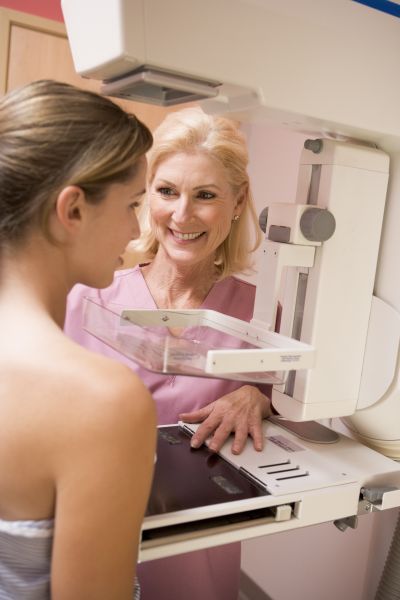More research fuels mammogram debate

New research in support of mammograms was announced November 16. The study says starting mammograms at age 40 could reduce breast cancer deaths by 24 percent, and that the benefits far outweigh the potential risk of developing radiation-induced cancer.
The study will reportedly be published online November 16 and in the January issue of the journal Radiology.
"Recently, there have been reports in the press focusing on the potential radiation risk from mammography, particularly as used for periodic screening," said the study's lead author, Martin J. Yaffe, Ph.D., in the release. "Our study shows that the risk of cancer associated with routine screening in women age 40 and over is very low, especially when compared to the benefits associated with early detection."
The study, however, comes after findings earlier this year showing that starting screening at age 40 rarely saved lives, and more often resulted in misdiagnoses that led to debilitating treatments. In addition, a recent study published in the medical journal The New England Journal of Medicine states that mammograms have only a "modest" impact on reducing breast cancer deaths. The study found that a Norwegian screening program resulted in a 10 percent reduction in breast cancer mortality among women between 50 and 69 years, which researchers described as "disappointingly small."
Radiology expects to publish the study online November 16 (link not available at press time). To access, visit http://radiology.rsna.org/.
Join our commenting forum
Join thought-provoking conversations, follow other Independent readers and see their replies
Comments
Bookmark popover
Removed from bookmarks